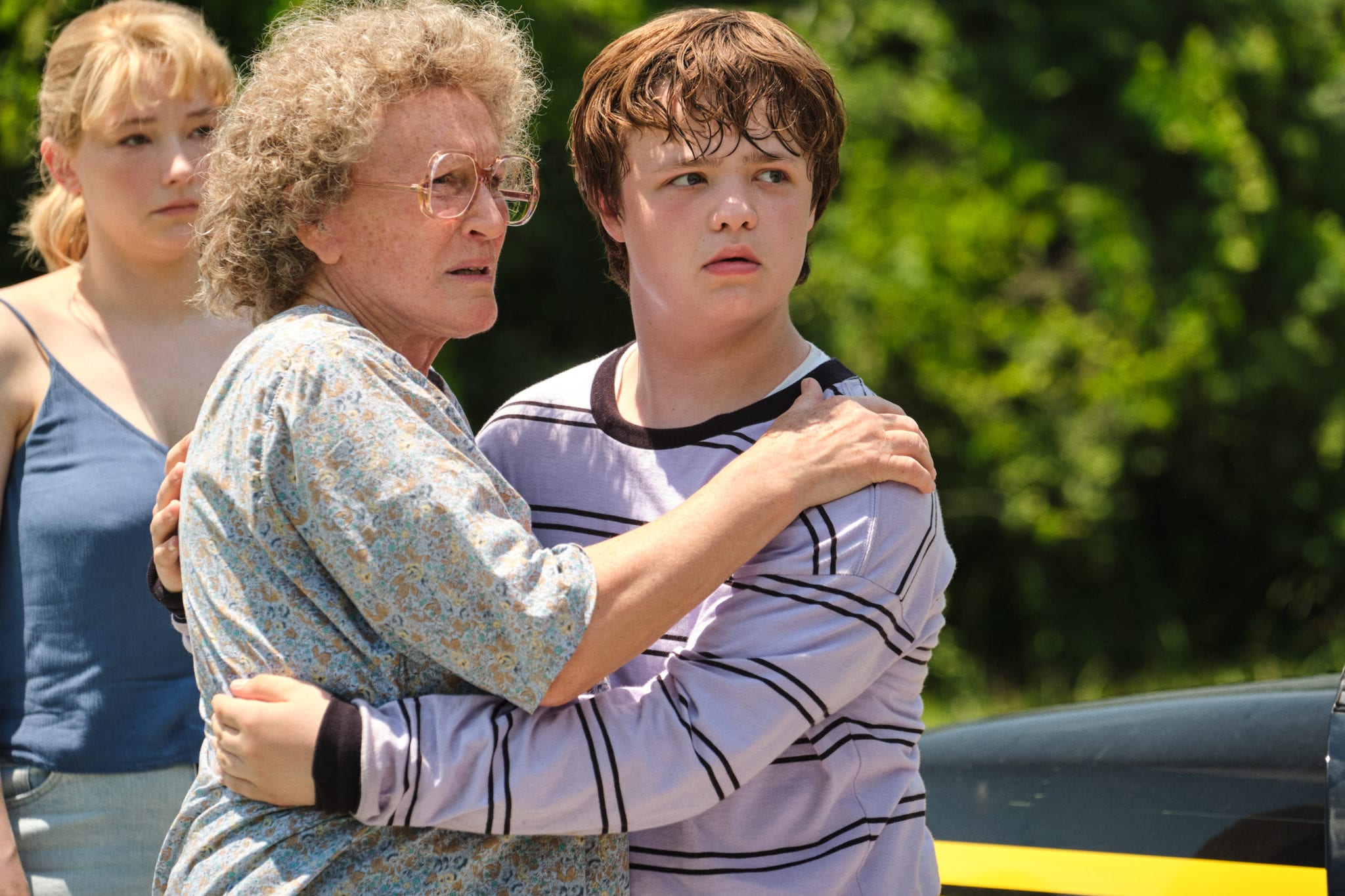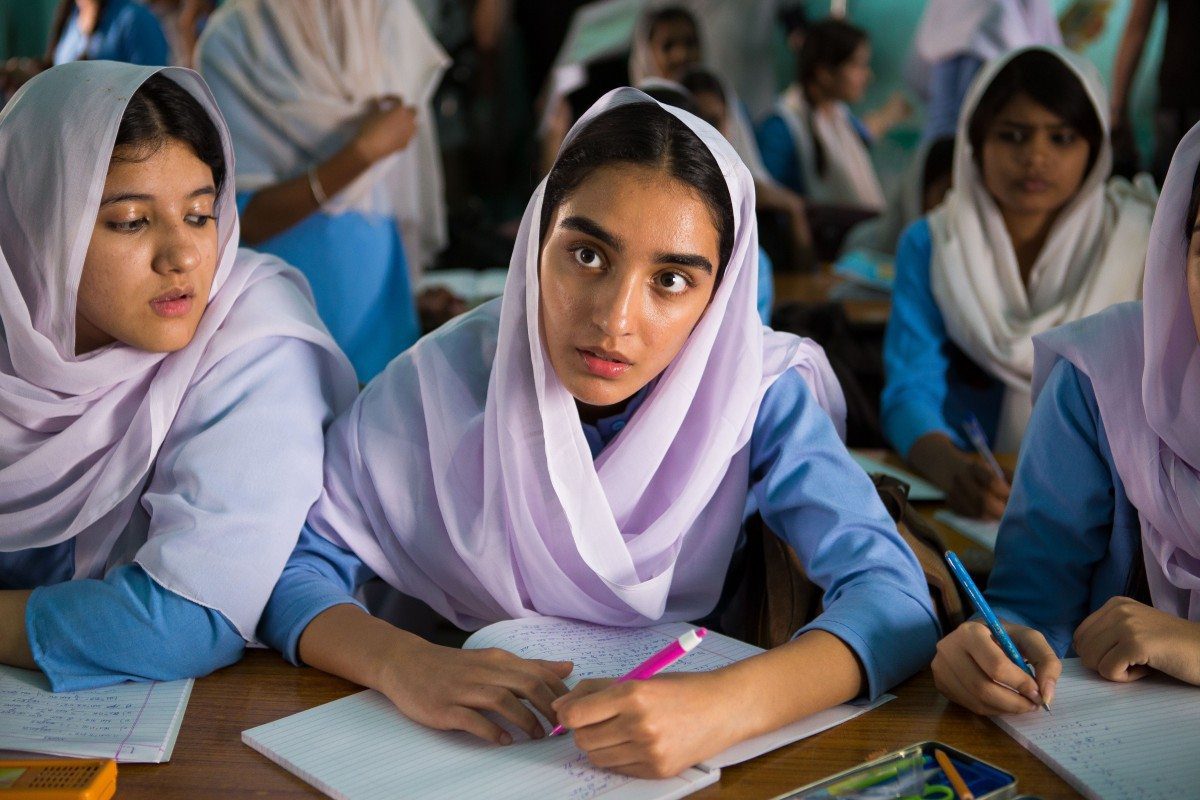
Hillbilly Elegy – Family Turmoil
?Where we come from is who we are, but we choose every day who we become.? J. D. Vance?s bestselling memoir Hillbilly Elegy has been brought to the screen by Ron Howard. The memoir recounted Vance?s childhood in the Ohio Rust Belt, where he was raised by a mother struggling with addiction and his grandparents…

